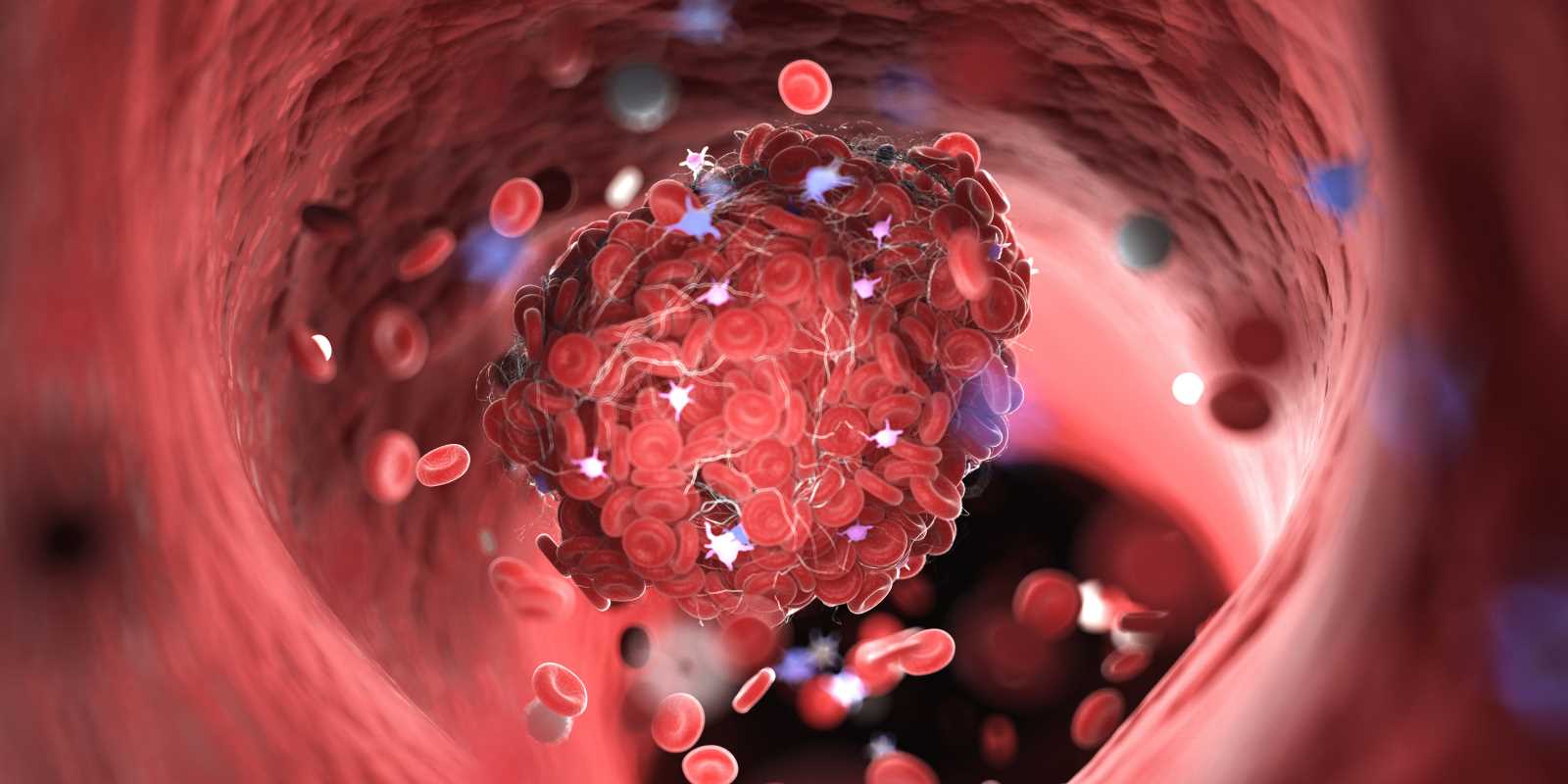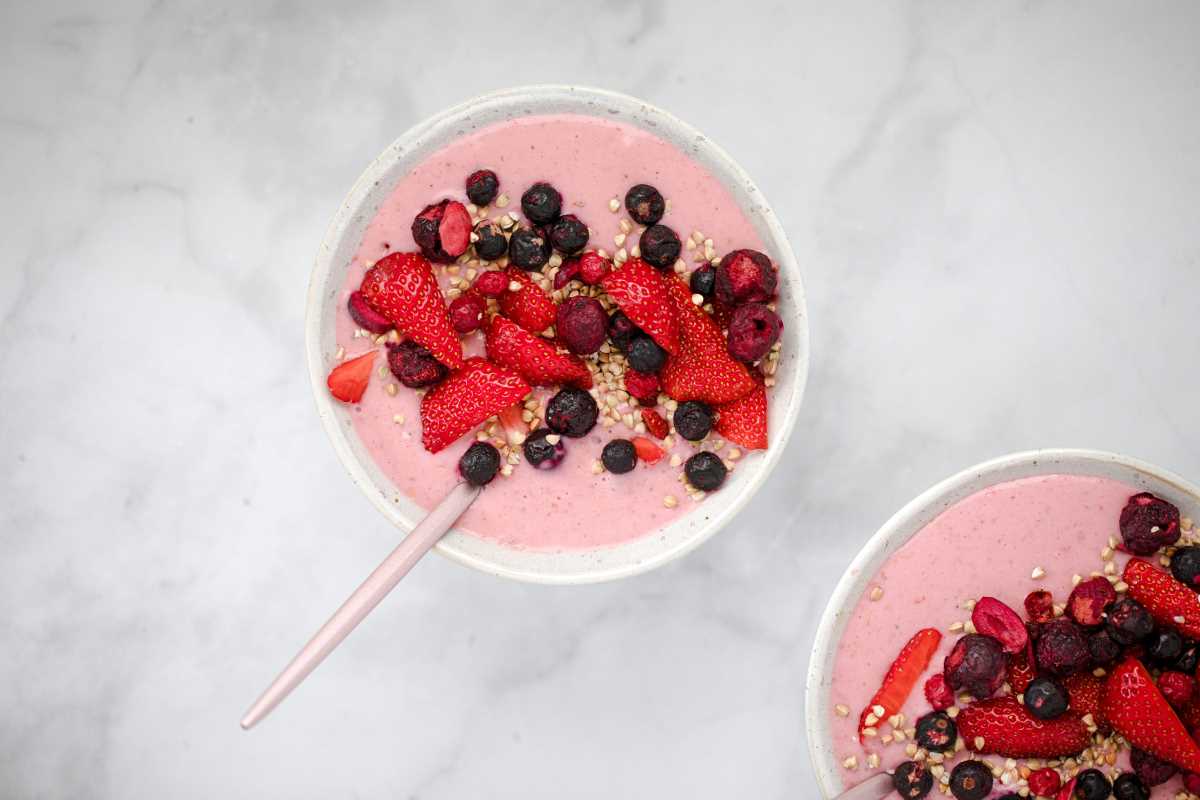Everywhere you turn, it seems like wellness trends are popping up faster than you can say "self-care." Among them, alkaline water has taken the spotlight, with celebrities, influencers, and even your fitness-obsessed neighbor vouching for its health benefits. Some say it boosts energy, slows aging, and even helps prevent chronic diseases. But does it actually live up to the buzz?
If you've been wondering if investing in alkaline water is worth it for your well-being, you're not alone. We're breaking it all down in simple terms so you can decide whether it’s a must-have addition to your health routine or just another overhyped wellness fad.
What is Alkaline Water, Anyway?
Before we get into the nitty-gritty, let's make sure we're on the same page. Regular drinking water typically has a neutral pH of around 7. Alkaline water, on the other hand, has a higher pH level, usually between 8 and 9.
But what is "pH," you ask? Good question. pH is a measure of how acidic or alkaline a substance is, on a scale of 0 to 14. The lower the number, the more acidic it is. The higher the number, the more alkaline (or basic) it is. For example:
- Lemon juice? Very acidic, around a 2 on the pH chart.
- Baking soda? Pretty alkaline, sitting at around 9.
Alkaline water also contains minerals like calcium, magnesium, and potassium, and some versions even go through a process called ionization, where an electric current raises the pH levels. The result? A water that's said to be more "healthful" than the regular stuff from your tap or store-bought bottles.
The Promised Health Benefits
Alkaline water enthusiasts claim it offers a wide range of benefits. Let's take a look at the most commonly touted ones and see what science has to say.
1. Better Hydration
One of the most advertised benefits of alkaline water is its ability to hydrate you more effectively than "regular" water. The theory is that its smaller water clusters are easier for your cells to absorb. While this hasn’t been entirely confirmed by robust scientific studies, some athletes swear by alkaline water for faster recovery after workouts.
2. Neutralizing Acid in the Body
Many proponents suggest that alkaline water can help balance the body’s pH and reduce acidity. This is based on a broader concept called the "alkaline diet," which claims that cutting back on acidic foods like processed meats and sodas helps with digestion and overall health.
Here’s the caveat, though: Your body is already amazing at managing its internal pH. Your blood, for example, sits snugly in the range of 7.35–7.45, and that's thanks to your kidneys and lungs, which work around the clock to maintain that balance. Drinking alkaline water won’t suddenly transform your body’s chemistry; it would take a significant amount to even budge the needle slightly.
3. High Mineral Content
Because it often contains minerals like calcium and magnesium, alkaline water can be an easy way to supplement your diet with these essentials (especially if you’re not a fan of taking vitamins). Calcium is crucial for strong bones, while magnesium supports muscle function and energy production. That said, you can get more of these minerals from a balanced diet than from sipping water.
4. Potential Antioxidant Effects
Some brands of alkaline water claim their product contains antioxidants, which combat free radicals in your body. Free radicals are unstable molecules that can damage your cells, contributing to aging and disease. While antioxidants are incredibly beneficial (and we should all aim to consume them through fruits and veggies), there’s been little concrete research to prove alkaline water provides enough to make a noticeable difference.
5. Acid Reflux Relief
For those who suffer from acid reflux, alkaline water may offer some relief. A 2012 study found that water with a pH of 8.8 could deactivate pepsin, an enzyme linked to acid reflux. While this specific benefit seems promising, it’s important to note that more research is needed before drawing definitive conclusions.
6. Chronic Disease Prevention
Some suggest that alkaline water might help guard against conditions like hypertension, diabetes, and osteoporosis. This theory is tied to its supposed ability to reduce acidity in the body (as mentioned earlier). However, the science here is still murky, and no solid evidence definitively supports alkaline water as a preventative measure for these diseases.
The Flip Side
While alkaline water might have some potential perks, it’s not without its downsides or limitations. Here’s what you need to know:
- Overalkalinity Can Be Problematic
Too much alkalinity in your diet or water intake can potentially cause side effects like nausea, vomiting, or even skin irritations. It could also disrupt the natural acidity in your stomach, which you need to properly digest food and fight off harmful bacteria.
- It’s Not a Cure-All
Be wary of claims suggesting alkaline water can cure serious illnesses or diseases, including cancer. These statements are often exaggerated and lack scientific backing.
- Price Tag
Alkaline water systems, filters, and pre-packaged bottles can be pricey. With prices ranging from $2 per bottle to hundreds of dollars for at-home filtration systems, it may not always be worth the investment, especially if you’re on a tight budget.
- Environmental Impact
If you’re buying bottled alkaline water, consider its environmental footprint. Single-use plastic bottles are a significant contributor to pollution, and the convenience factor could come at the cost of sustainability.
Should You Give It a Try?
Ultimately, whether or not alkaline water is worth adding to your daily routine depends on your personal health goals. Here’s a quick breakdown:
- Go for It If...You enjoy the taste and feel like it motivates you to drink more water.
- You want a beverage with added minerals and electrolytes.
- You find that it helps with acid reflux.
- Skip It If...You’re expecting it to drastically change your health or cure a condition.
- You’re on a budget and can’t justify the cost.
- You already have an efficient way to stay hydrated.
A balanced diet, regular exercise, and staying hydrated with any clean water source will always be foundational to good health. Think of alkaline water as a "nice-to-have" rather than a need.
A Few Tips If You Decide to Start
Start Small
If you’re new to alkaline water, try incorporating it into your routine gradually. You might start with one bottle a day to see how your body responds.
Check Your Source
Not all alkaline waters are created equal. Be sure to choose a reputable brand that lists its pH level and mineral content.
Balance is Key
Don’t rely solely on alkaline water for your mineral intake. Aim for a variety of fruits, vegetables, and whole foods to ensure you’re getting all the nutrients your body needs.
Keep Hydration Simple
At the end of the day, the most important thing is that you’re drinking enough water, whether it’s alkaline or not.
Alkaline water can be a refreshing choice with some potential benefits, but it’s not a magic potion for perfect health. While it might have its place in a well-rounded wellness routine, it’s not a substitute for eating a balanced diet, getting plenty of sleep, and finding ways to manage stress.







